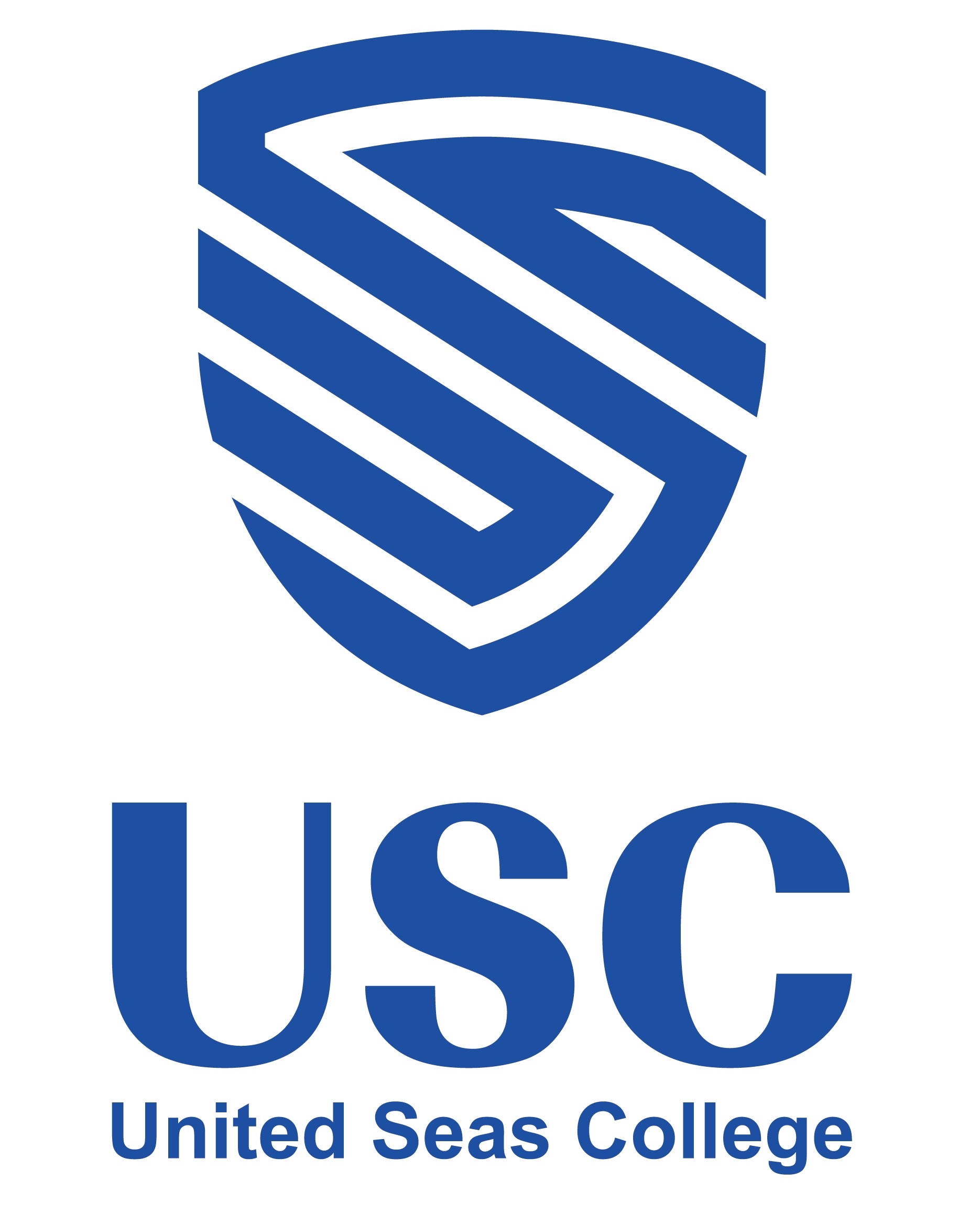Higher Diploma in Information Technology and Data Science
(Mandarin) (E-Learning)
Aims & Learning Outcomes
The Higher Diploma in Information Technology and Data Science (Mandarin) (E-Learning) is an online course intended to teach students in a virtual learning environment using Mandarin as the teaching medium.
The course is designed to enhance academic and vocational advancement by fostering the acquisition of knowledge, essential skills, and the ability to engage in independent and lifelong learning. It aims to equip learners with problem-solving and decision-making capabilities that will prove valuable both in academic pursuits and professional endeavors related to accounting and big data coursework. The course offers an engaging and easily accessible learning experience, providing students with a comprehensive grasp of accounting and big data principles, analysis techniques, and contemporary accounting and big data issues, which they can subsequently apply in their future careers.
Learning Objectives
At the end of this programme, students will be able to:
- iDevelop knowledge and understanding of information technology and big data concepts, terms and theories
- iAnalyse problems related to the modules studied
- iDetermine the suitability of several approaches to resolving challenges presented within the modules
- iBe equipped with the ability to apply mathematics, statistics, and big data engineering fundamentals to solve related problems in big data applications
- iDevelop the ability to analyse problems and design solutions for big data applications, taking into consideration social, health, safety, legal, cultural, and environmental factors
- iDemonstrate personal effectiveness, communication, interpersonal skills, and time management skills as they collaborate with their peers
Course Structure
This Higher Diploma programme is of thirty six (36) months duration and students are required to study thirteen (13) Core plus four (4) specialist modules in the specialism of interest. There is a total of 240 credits for the entire programme and each credit is equal to 10 learning hours.
Teacher: Student Ratio = 1:30
Core Modules
- Fundamentals of Computers and Big Data
- Computer Mathematics
- Language Programming
- Java Programming
- Data Structure and Algorithm Design
- Database and Data Warehouse
- Python Language Programming
- Operating Systems
- Big Data Batch Processing Technology and Its Platform
- Data Mining Techniques
- Big Data Analysis Technology
- Big Data Real-Time Processing Technology and Platform
- Machine Learning Fundamentals
Elective Stream A
Financial Big Data Stream
- Financial Data Processing Technology
- Financial Big Data Application
- Blockchain Technology and Application
- Internet Finance
Elective Stream B
E-commerce Stream
- Big Data Marketing
- Text Mining and Analysis
- Intelligent Recommendation technology and application
- E-Commerce Big Data Application Practice
Admission Requirement
-
a. Normal Entry
-
1. Min age: 17 years PLUS
-
2. Academic Level:
- Completed A-Level with 2 passes OR
- Completed equivalent to at least 12 years of formal education
-
3. Min language requirement:
- Obtained at least GCE O-Level B4 in Chinese language or equivalent
b. Alternative entry
Mature candidate of minimum age of thirty (30) with at least eight (8) years working experience.
Graduation Requirement
Delivery and Assessment
-
Instruction will occur within a virtual learning environment, utilizing a digitally integrated curriculum delivered by qualified and trained educators. Asynchronous classes empower learners to access course materials, complete assignments, and participate in discussions at their own pace, facilitating effective time management and flexibility. Synchronous sessions will be conducted as necessary, ensuring opportunities for real-time interaction. This approach fosters a dynamic and inclusive learning experience, accommodating diverse learning styles and preferences.
The teaching, learning, and assessment strategy for each module is meticulously designed to align with the intended learning outcomes, employing pedagogical methods that effectively support these objectives. Assessments will be administered through a secure and comprehensive online examination platform, ensuring the systematic scheduling, administration, and evaluation of assessments while upholding the highest standards of academic integrity.
A wide variety of assessment methods will be employed suitable with the respective module being assessed.
Duration
-
This is a part-time course and will run for 36 months. Delivery will be for 3 hours per day for 3 days every week for a total of 672 hours. Students are expected to complete the course in 36 months.
Maximum class size for this online course is at 30 students.
Maximum candidature period for a student to complete the course is 36 months.
Course Commencement and End Dates
-
September 2023 – August 2026
September 2024 – August 2027
September 2025- August 2028
Target Students
-
The target students are existing students of Wuhan Technology and Business University in China who intend to acquire a USC certification on a part-time basis while also undergoing their degree education at the university.
Fee Structure
-
Course Fee: SGD 15,920.10
-
Admin Fee: SGD 999.90
Click here for the miscellaneous and other relevant fees.
